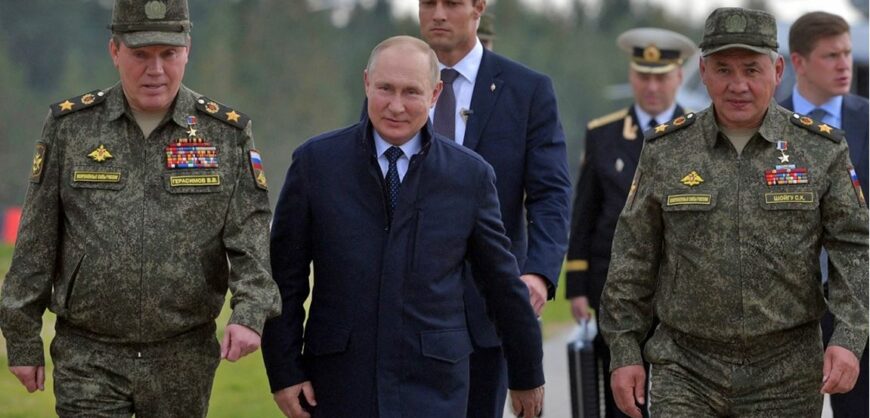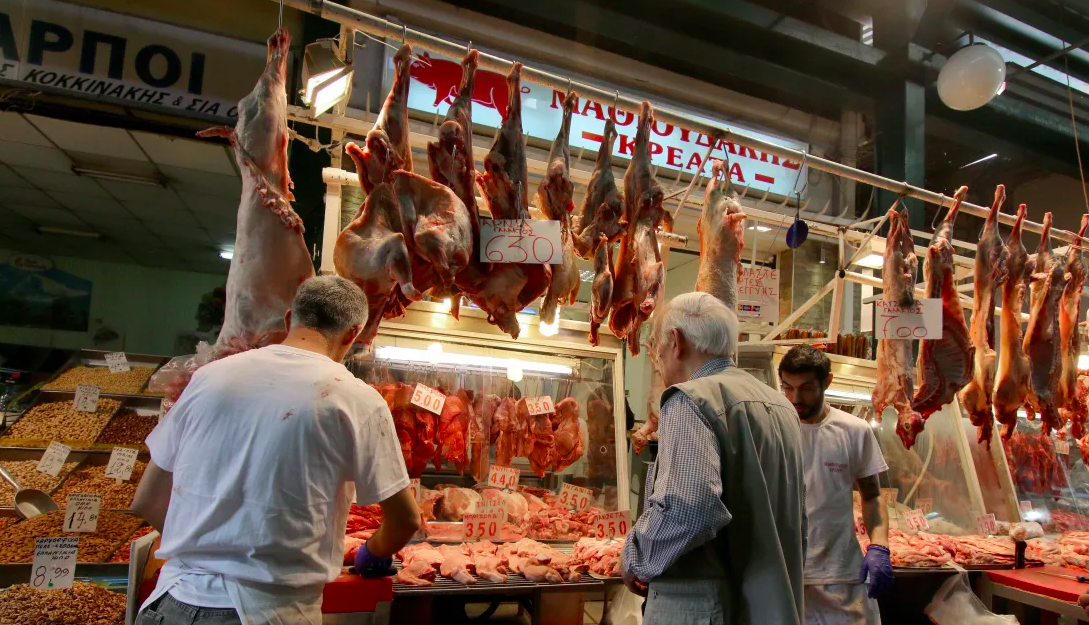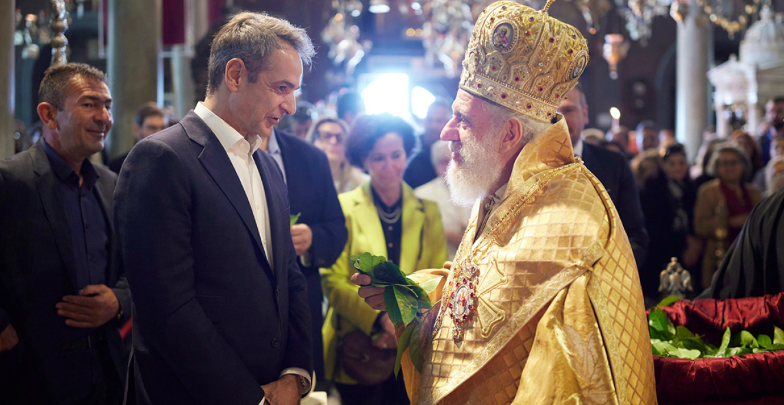Russia’s Vladimir Putin will hold a signing ceremony today, Friday to annex four more areas of Ukraine after referenda condemned by Ukraine and the West as a sham.
Russian-backed officials had earlier claimed the five-day exercise secured almost total popular support. Referenda were held in Luhansk and Donetsk in the east, and in Zaporizhzhia and Kherson in the south.
The Russian president will make a major speech at the Kremlin. A stage has already been set up in Moscow’s Red Square, with billboards proclaiming the four regions as part of Russia and a concert planned for the evening.
The event echoes Russia’s annexation of Crimea in 2014, which also followed a discredited referendum and was heralded by a Kremlin signing followed by a presidential victory speech in parliament. That initial annexation has never been recognised by the vast majority of the international community, and nor will this.
The representative of the Russian government, Dmitry Peskov, said the signing ceremony of the agreements “regarding the agreements on the inclusion of new territories in the Russian Federation”, will take place in the Kremlin, after which he will deliver a “speech” and meet with the four separatist leaders. The agreements will be signed “with all four territories that held referenda and submitted corresponding requests to the Russian side,” the Kremlin spokesman added. In total, by signing the decree, Putin seeks to make about 15 percent of Ukraine, home to 4 million people, a de facto part of Russia.
The signing of the relevant decrees is expected to be accompanied by significant statements by the Russian President, Vladimir Putin, who is also expected to make remarks regarding the sabotage of the Nord Stream natural gas pipelines (which he attributed to terrorism), in the shadow of today’s meeting of the UN Security Council. The international organisation via Secretary General, Antonio Guterres, called the recognition of the regions a “dangerous escalation” in the largest annexation of territories since World War II, according to the Economist.
also read
Post-COVID recovery forecast for hotels and short-term rentals in Europe (infographic)






































